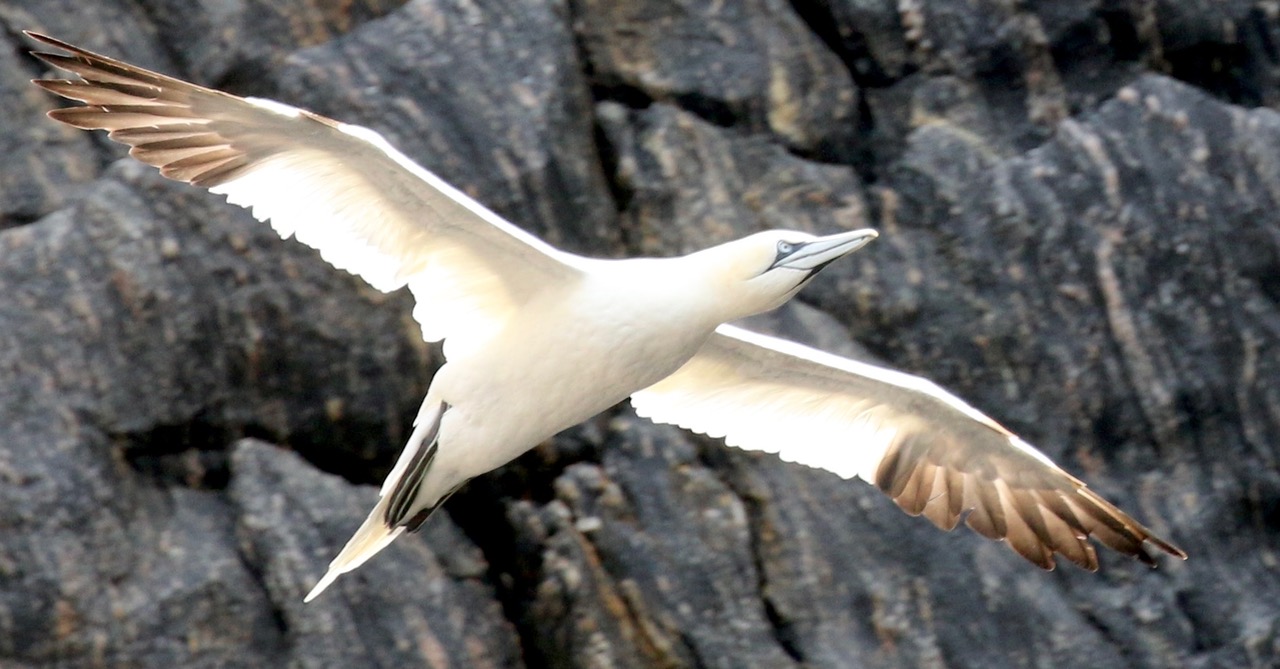Fail fast or zero defects?

The North Atlantic Gannet is a seabird that mates for life. Each season they have one egg, one chick. The chick takes 4-5 years to reach maturity. It’s a zero defect policy. The energy involved in feeding and nurturing one young bird is so much that having two chicks would mean neither survive. The parents’ aim is to get it right first time, every time, all the time. Some seasons they fail. Over time, barring externalities, the population is stable.
The lemming normally lives one to two years. They will have over six litters in that time, each with over ten young. There are rapid explosions in population size. Food runs out. Populations migrate. If they fail to find food fast, they die. It is a fail fast fail often existence. Over time, barring externalities, the population is stable.
Both animals have evolved patterns of living that are quite different yet suit their circumstances. These patterns ensure the long-term survival of the species. They are in tune with their environment.
But the external environment is shifting and (in ecological terms) shifting fast. Can either species adapt their patterns quick enough to ensure their sustainability?
Our businesses, like the gannet and the lemming colonies, have evolved patterns that suit their environment. Those that don’t soon disappear. This symbiosis with the ecosystem they exist in is critical. It is what makes a business sustainable.
Setting a strategy for the future based on historic knowledge of the environment is not viable when that business environment is changing rapidly. AI, climate, new economies, all mean the old ways of doing things are called into question. Running the old pattern harder only gets you so far. You are sticking yourself to a world that is maybe no more.
Adaptation is needed. The Gannet strategy and the Lemming strategy fail you. Historic approaches burn more energy than your people and business can sustain. You need an adaptive strategy or ‘Adaptegy’.
‘Adaptegy’ comes from rapid enquiry into what is needed to step across the threshold into the realities of an evolving environment. It also requires maintaining the organisation while you try to do so. It calls for delicate balance in a time of dynamic and unstable equilibrium.
Rapid enquiry provides constant sensing into the changing business environment. It requires an ability to make sense of what is being learned, and to learn quickly how to put that into action. As humans we innately know how to do this, we were doing it as babies. It is only the illusion of stability in the environment, and the false belief in our ability to control it, that has caused us to forget these skills.
Businesses need to find their capacity for ‘Adaptegy’ quickly if they are to shift their patterns. It is not a choice between ‘fail fast’ or ‘zero defects’. ‘Solutions’ from consulting groups are a miasma. The same people who preached ‘efficiency’ suddenly found a need to preach ‘resilience’ when their clients faltered.
Organisations that succeed will quickly and collectively discern for themselves how to step across the threshold into new patterns of operating. They will discover what specifically they need to learn, right here, right now, with their history, in their context. You cannot contract this out.
Through this enquiry, organisations grow their ability to adapt to changes in their environment. They adopt the practical approaches that are necessary to thrive. Being able to sense the environment, respond to it and shape it, grows a new, more balanced pattern of operating, fit for the new environment. It grows a healthy, vibrant and long-lasting organisation.
One Reply to “Fail fast or zero defects?”
Comments are closed.